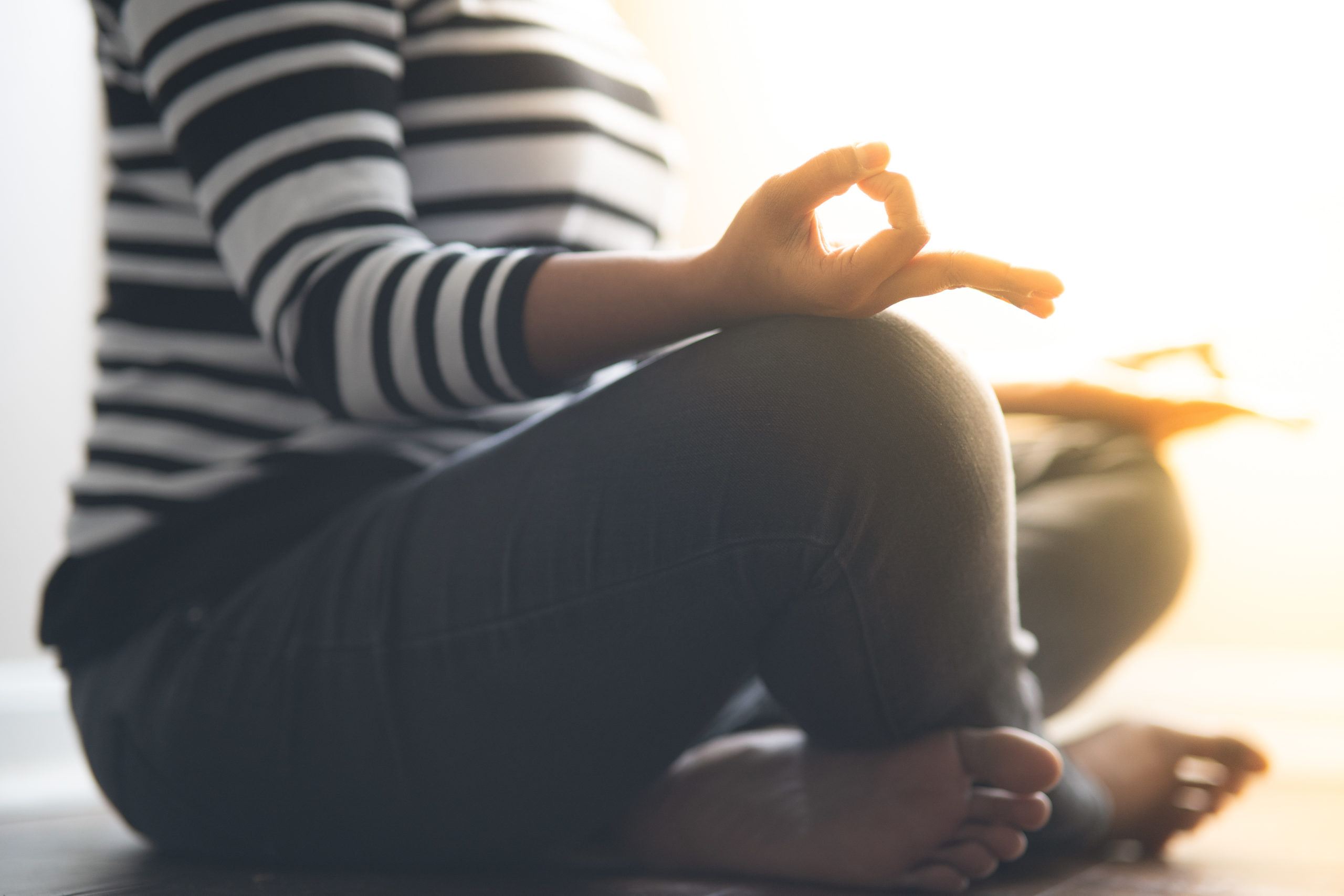
Meditation | Photo by Soham Parikh | The Wright State Guardian
Meditation could be a great addition to your daily routine to improve your mental health and physical well-being.
Mindfulness meditation
According to Dr. Robert Rando, assistant vice president for Student Affairs, Counseling and Wellness Services (CWS) at Wright State teaches mindfulness meditation, which seeks to help students increase their awareness and focus in difficult situations.
Meditation allows one to shift a negative or unhealthy thought to one that is helpful. This change in thinking will then have a positive impact on the body and mind.
Allison Newlin, staff psychologist, and therapist for CWS, suggests meditation regularly, especially if mindful awareness is a goal she and her clients are working toward.
Although seemingly simple, it is easier said than done. Mindfulness meditation is something that takes practice and patience.
“There is a common misbelief that meditation will automatically make you feel relaxed, however, this is absolutely not the case for everyone, and certainly not a realistic expectation in the beginning,” said Newlin.
Types of meditation
There are multiple types of meditation, such as transcendental meditation, which includes yoga, meditative prayer, and many others. One can practice open meditation, guided meditation or event meditation that involves movement such as running and walking meditation or tai chi.
Rando practices meditation himself and uses it on a regular basis. He typically meditates with a focus on breathing or loving-kindness, which focuses on wishing health and wellbeing to himself and others.
A simple way to improve mental health
According to the American Psychological Association (APA), mindfulness meditation has become a popular way to relieve stress, improve overall well-being, and is actually backed by a wealth of research that shows its effectiveness.
According to Newlin, meditation has been shown to be helpful in addressing different concerns such as sleep problems, chronic pain, and symptoms of anxiety and depression.
“With routine meditation practice, you will literally change the pathways in your brain,” said Newlin. “It’s like lifting weights. The more bicep curls I do, the stronger my arms will be and the more capable I will be to lift heavy weight throughout any given day. By practicing meditation, I am building the skill set of ‘present moment awareness.’ Then, throughout the busyness of your day, you are able to ‘flex’ your mindfulness muscle with ease.”
Five simple steps to meditate:
1. Find your meditation spot
2. Sit in a comfortable position
3. Clear your mind
4. Simply sit and observe
5. End and reflect
